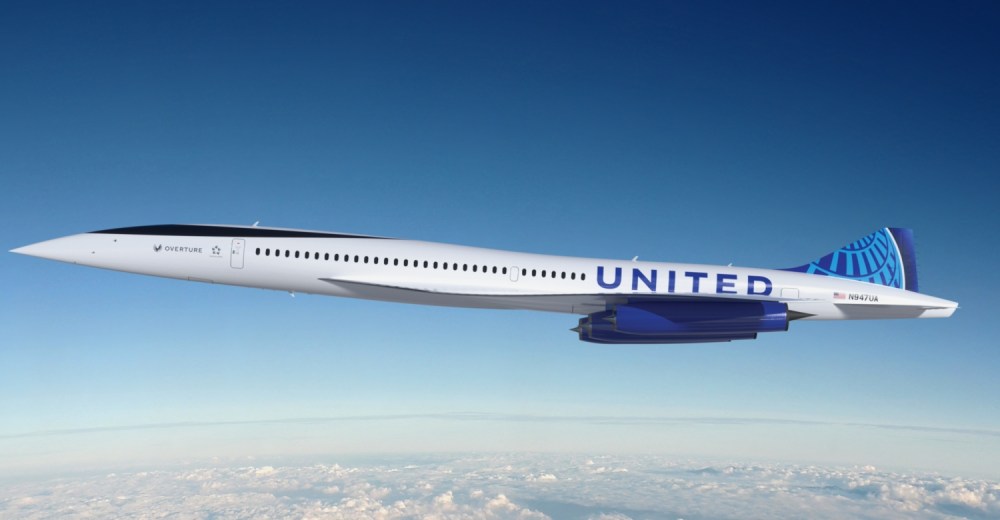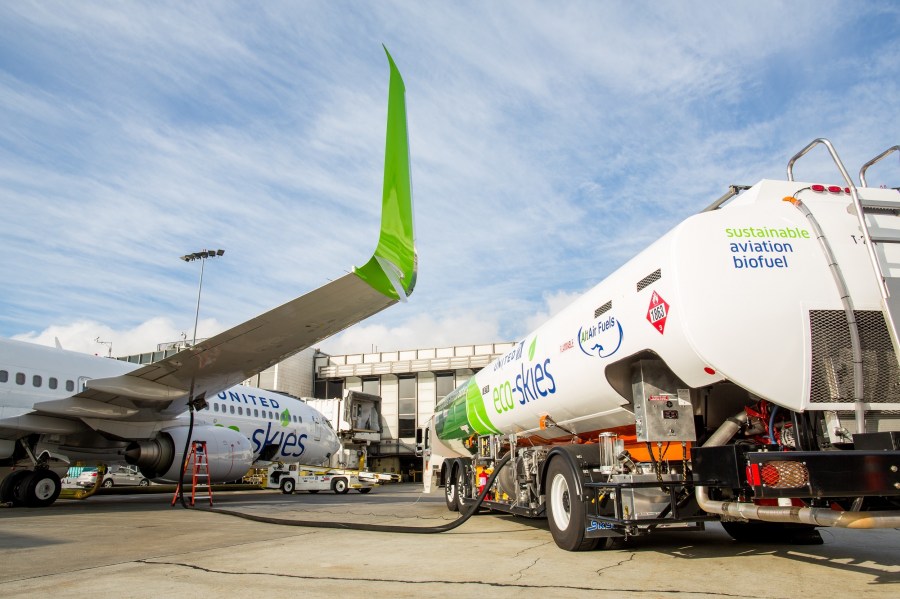This US$5 million investment will support the production of sustainable aviation fuel (SAF) made from algae, an abundant and scalable resource that can be grown and harvested without impacting the food supply chain.
Viridos specializes in the bioengineering of microalgae and its proprietary technology accelerates the amount of oil that can produced from microalgae and according to United, this algae oil could then be used to scale the future production of SAF.
SAF is an alternative to conventional jet fuel that, on a lifecycle basis, reduces greenhouse gas (GHG) emissions associated with air travel compared to conventional jet fuel alone.

SAF is made from used cooking oil and agricultural waste, and, in the future, could be made from other feedstocks, including household trash, forest waste, or algae.
To date, United has invested in the future production of over three billion gallons of SAF – the most of any airline in the world, according to United Airlines Ventures President Mike Leskinen.
“SAF is proven, scalable, and the best tool we have to reduce our carbon emissions from flying, but we face a significant shortage of available feedstock,” he said.
“As the global aviation leader in SAF production investment United remains committed to reaching net zero carbon emissions, without relying on traditional carbon offsets, by 2050.

“Viridos’ algae-based biofuel technology has the potential to help solve our supply problem without the need for farmland or other agricultural resources and marks our inaugural investment in our new cross-industry UAV Sustainable Flight Fund,” Leskinen said.
Viridos, a biofuel company focused on decarbonizing industries, is leading the bioengineering of microalgae and has already achieved seven times the oil productivity compared to typical wild-type algae.
This creates an opportunity for potentially scalable and more sustainable production of algae oil, that could later be used to produce SAF.
Based on current estimates, SAF created by Viridos’ algae oil is expected to have a 70% reduced carbon footprint on a lifecycle basis when compared to traditional jet fuel.